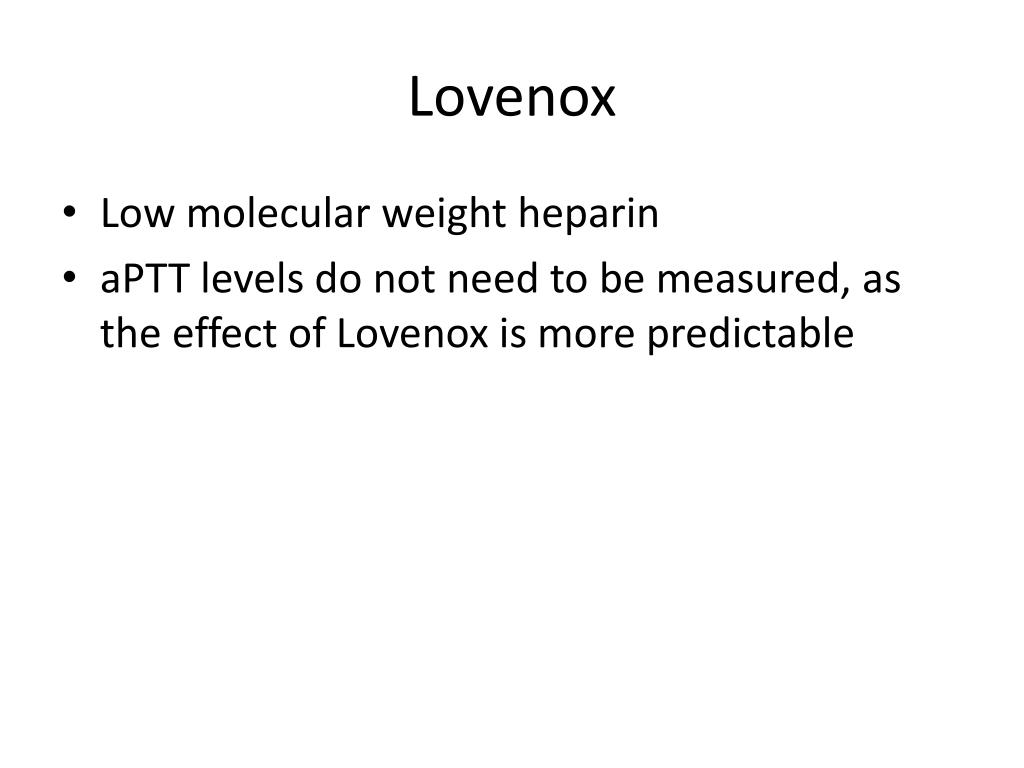

A patient is experiencing Heparin-Induced Thrombocytopenia from heparin therapy. Which of the following findings in the patient’s lab work is a potential life-threatening complication of heparin therapy and requires intervention?ġ4. You are assessing the patient’s morning lab work. The patient has been on the drip for 4 days. A patient is on a Heparin drip post myocardial infarction. On assessment, you note there is bleeding on the anterior gums. A patient recovering from a myocardial infarction is complaining of the taste of blood in their mouth. Administer Nitroglycerin and monitor the patient’s blood pressure.ġ2. Administer Morphine IV and place the patient in reverse Trendelenburg position.Ĭ. Hold further doses of Nitroglycerin and notify the doctor immediately for further orders.ī. What is your next nursing intervention?Ī. The patient is still having chest pain and T-wave inversion on the cardiac monitor. In regards to the patient in the previous question, after administering the first dose of Nitroglycerin sublingual the patient’s blood pressure is now 68/48. No interventions are needed at this timeġ1. Place patient on oxygen via nasal cannula Administer Morphine IV as ordered per protocol Encourage patient to cough and deep breath Collect cardiac enzymes as ordered per protocolį. Administer Nitroglycerin sublingual as ordered per protocolĮ. Select-all-that-apply in regards to the MOST IMPORTANT nursing interventions you will provide based on the patient’s current status:ĭ. You obtain the patient’s vital signs and find the following: Blood pressure 190/98, HR 110, oxygen saturation 96% on room air, and respiratory rate 20. On the bedside cardiac monitor you observe pronounce T-wave inversion. You know that _ levels elevate 2-4 hours after injury to the heart and is the most regarded marker by providers.ġ0. A doctor has ordered cardiac enzymes on a patient being admitted with chest pain. CK result and when the next CK level is due to be collectedĩ. Troponin result and when the next troponin level is due to be collectedĭ. From the options below, what is the most IMPORTANT information to know about this patient at this time?Ī. The patient has been in the ER for 5 hours and is being admitted to your unit for overnight observation. A patient is admitted with chest pain to the ER. On an EKG, the lateral view of the heart is represented with leads?Ĩ. What area of the heart does this represent?ħ.

You obtain a 12-lead EKG and see ST elevation in leads II, III, AVF. 24-36 hours after a myocardial infarction _ congregate at the site during the inflammation phase.Ħ. After a myocardial infraction, at what time (approximately) do the macrophages present at the site of injury to perform granulation of the tissue?ĥ. What complication is this patient mostly likely suffering from?Ĥ. You note on auscultation of the heart a grating, harsh sound. The patient is starting to complain of chest pain when they lay flat or cough. A patient is 36 hours status post a myocardial infarction. The left anterior descending artery is least likely to be affected by coronary artery disease.ģ. Left coronary artery blockage can cause posterior wall death which affects the right ventricle.ĭ. Left coronary artery blockages can cause anterior wall death which affects the left ventricle.Ĭ. A blockage in the left coronary artery causes the least amount of damage to the heart muscle.ī. You know that which of the following is true about this type of blockage?Ī. You note in the patient’s chart that the patient recently had a myocardial infarction due to a blockage in the left coronary artery. Patients who have coronary artery disease are at high risk for developing a myocardial infarction.Ģ. The most common cause of a myocardial infarction is a coronary spasm from illicit drug use or hypertension.Ĭ. Coronary artery dissection can happen spontaneously and occurs more in women.ī. Which statement by the patient indicates they misunderstood your teaching and requires you to re-educate them?Ī.

You’re educating a patient about the causes of a myocardial infarction.Scroll down to see your results.) NCLEX Questions on Myocardial Infarction (NOTE: When you hit submit, it will refresh this same page.


 0 kommentar(er)
0 kommentar(er)
